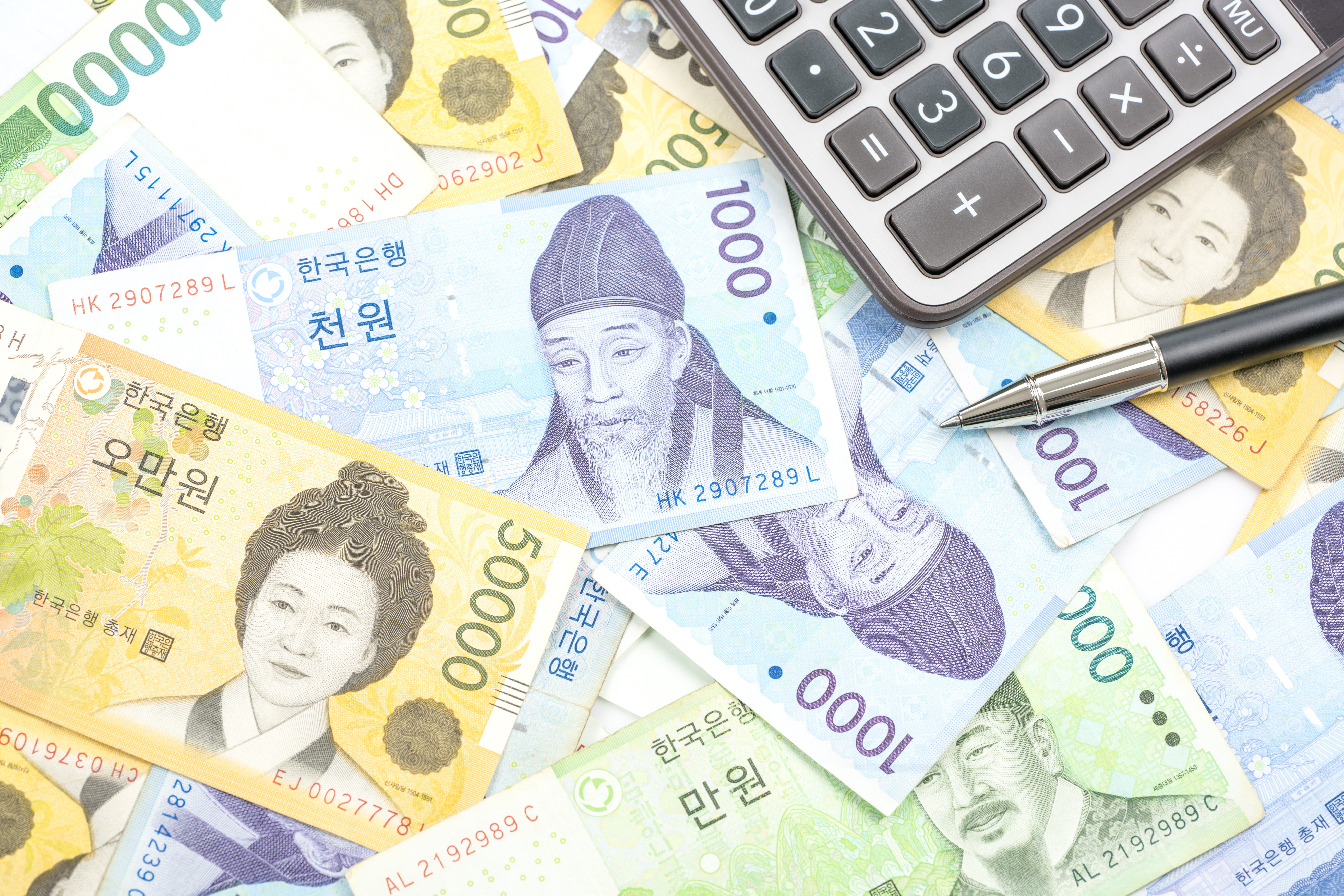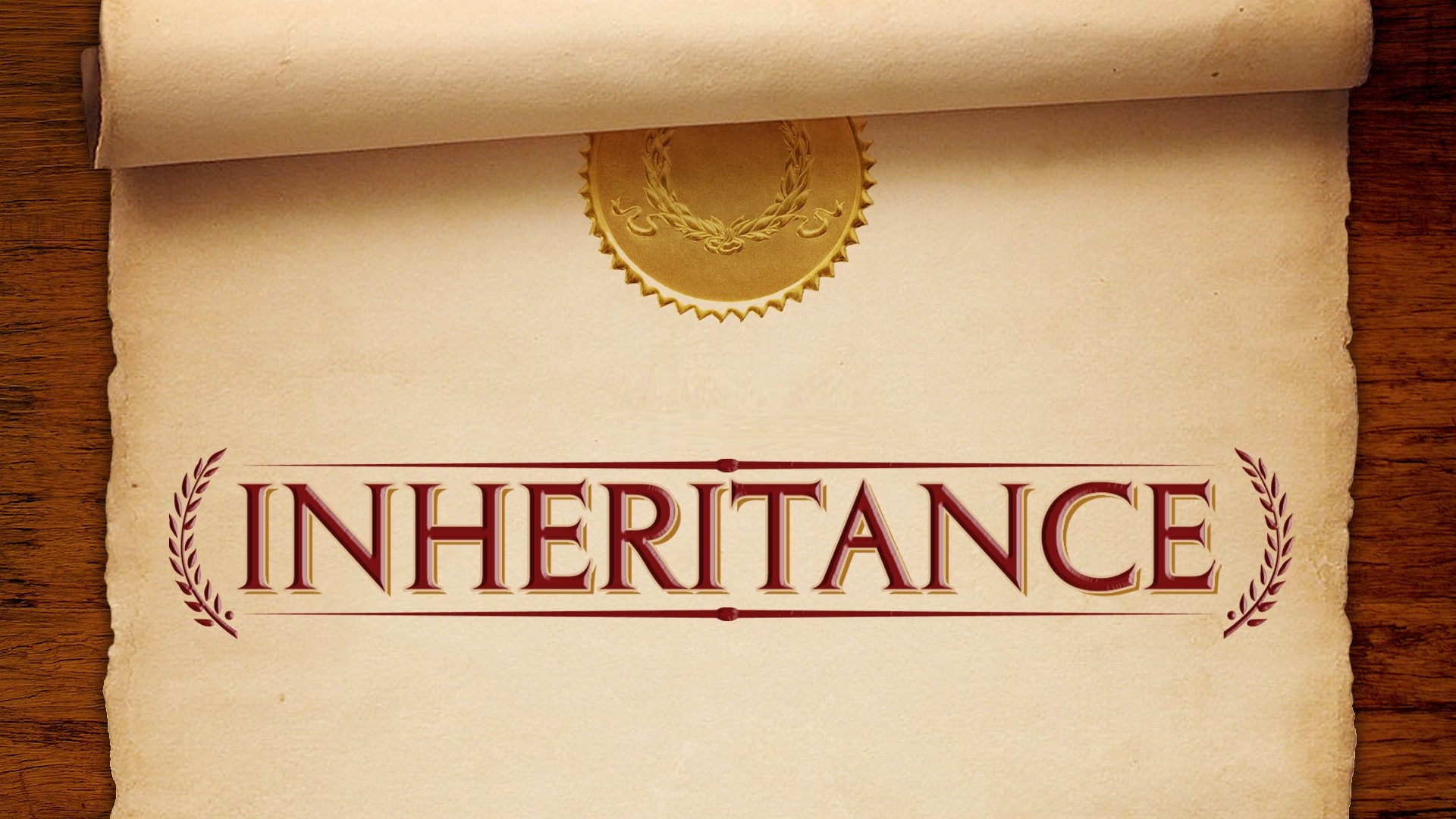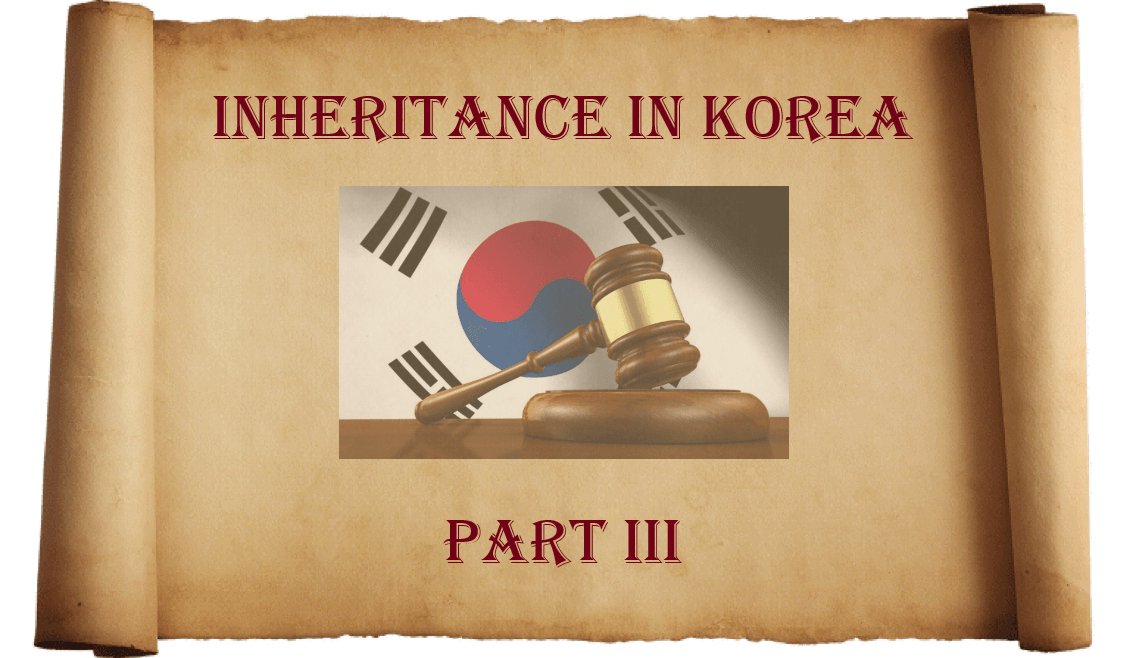Constitutional Court Overturns Mandatory Inheritance Law
The Constitutional Court of Korea has issued a landmark ruling that the current Civil Code provisions on compulsory inheritance, Youryubun, are unconstitutional and in violation of South Korea’s Constitution. This decision aims to address long-standing issues with Korean inheritance laws and their impact on families.
Key Aspects of the Constitutional Court’s Ruling on Korean Inheritance Law
South Korea’s Constitutional Court unanimously ruled as unconstitutional provisions in Article 1112 (1-3) of the Civil Code, which mandate that even family members who have committed unfilial acts, such as abuse, must be given a defined minimum portion of any inheritance. The Court gave the National Assembly until December 31, 2025 to revise Korea’s inheritance law, after which these provisions will become invalid.
The Court also ruled that Article 1112 (4) of the Civil Code, which guarantees inheritance rights for siblings, is unconstitutional and immediately invalid. This is the first time the Youryubun system, a key part of Korean inheritance law, has been ruled unconstitutional since its introduction in 1977.
Additionally, the Court found Article 1118 of the Civil Code, which does not recognize the contribution of specific inheritors, to be unconstitutional.
The Court stated that mandating inheritance for unfilial family members goes against common sense and public sentiment. It also said the lack of provisions to exclude such unfilial inheritors is unreasonable. The ruling aims to address the unreasonable and unfair aspects of the current Korean inheritance laws.
Impact of the Ruling on Korean Children Seeking Inheritance
This decision is particularly significant for children of Korean parents who have been seeking their rightful inheritance. Youryubun, a key part of Korea’s inheritance law, has long been criticized for being inflexible, as it required family members who committed egregious acts against the deceased, such as abuse or neglect, to be granted part of any inheritance.
Many cite the late K-pop star Goo Hara as a prime example of issues with Korean inheritance laws. When Goo passed away in 2019, her estranged mother, with whom she had been estranged for over 20 years, suddenly appeared and filed a lawsuit against her son to claim part of the inheritance. Despite public outcry against the mother’s actions, existing inheritance laws did not prevent her from making such a claim.
The Constitutional Court’s ruling now paves the way for a more equitable and just inheritance system in South Korea. By declaring mandatory inheritance provisions unconstitutional, the Court recognizes the need to protect the rights of responsible and caring family members, while also acknowledging the unreasonableness of forcing inheritance upon those who have committed unfilial acts.
Revising Korean Inheritance Laws
The National Assembly has been given until the end of 2025 to revise the Korean inheritance laws in line with the Constitutional Court’s ruling. This timeline provides an opportunity for lawmakers to carefully consider implications of the decision and develop a new system that better reflects the evolving values and needs of Korean society.
As the country moves forward, the hope is that revised inheritance laws will not only protect the rights of responsible family members, but also incentivize filial behavior and strengthen family bonds. This landmark ruling represents a significant step towards a more just and equitable inheritance system in the Republic of Korea, one that better serves the interests of all its citizens.




